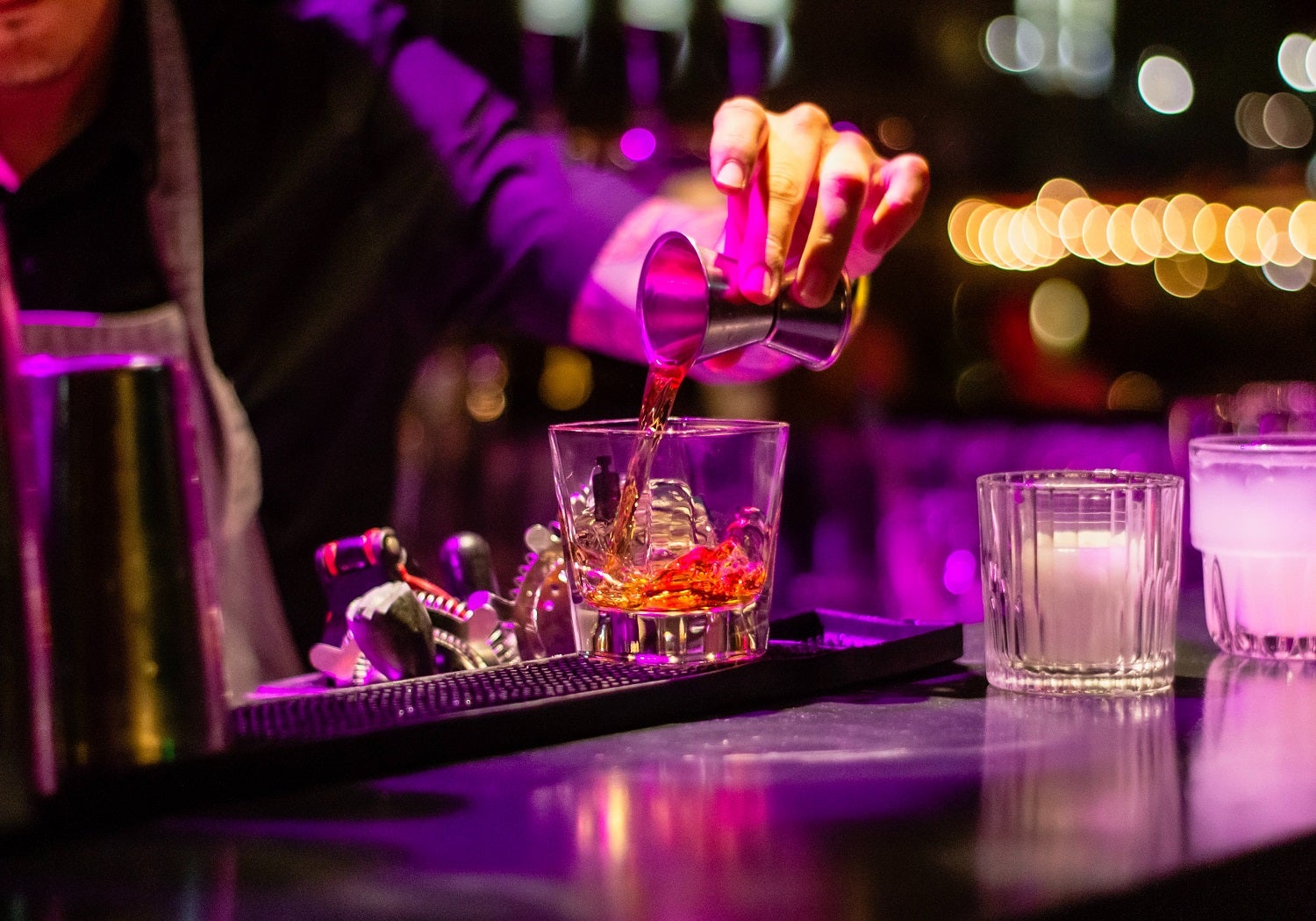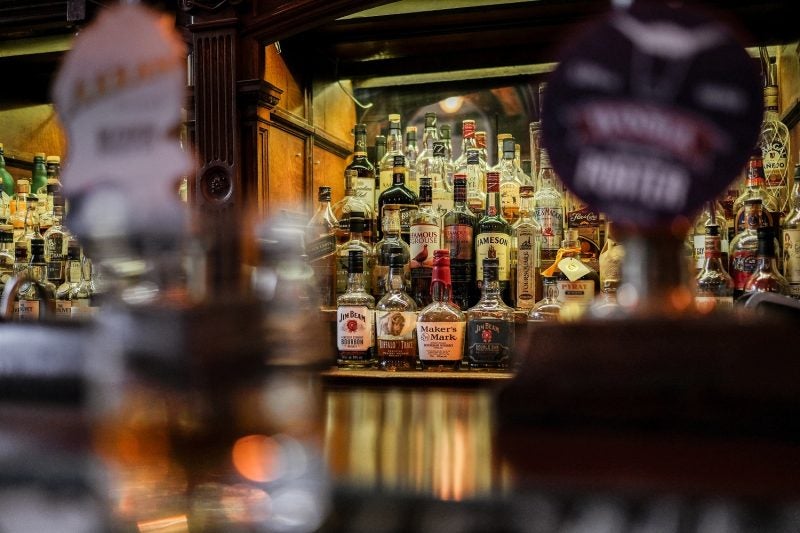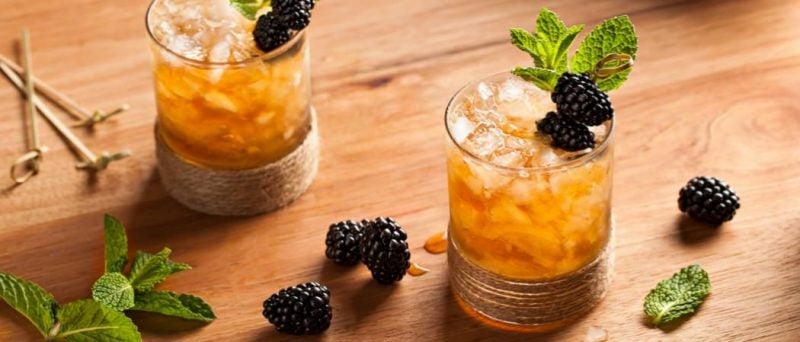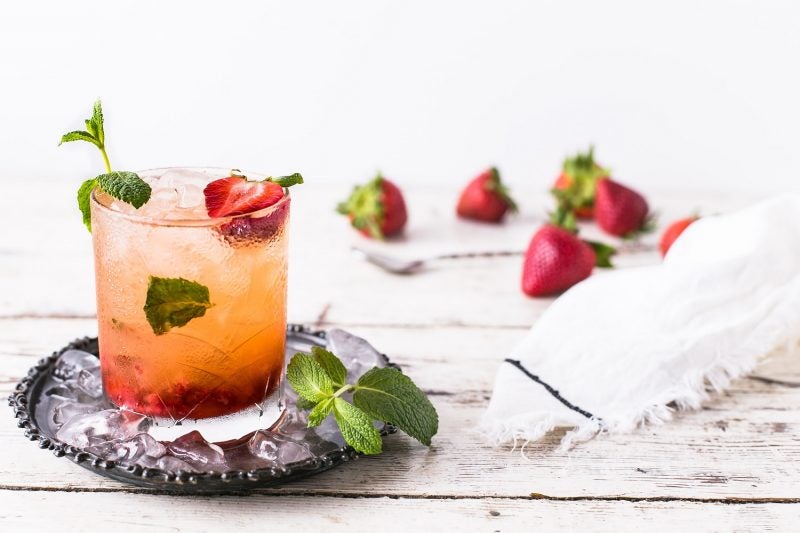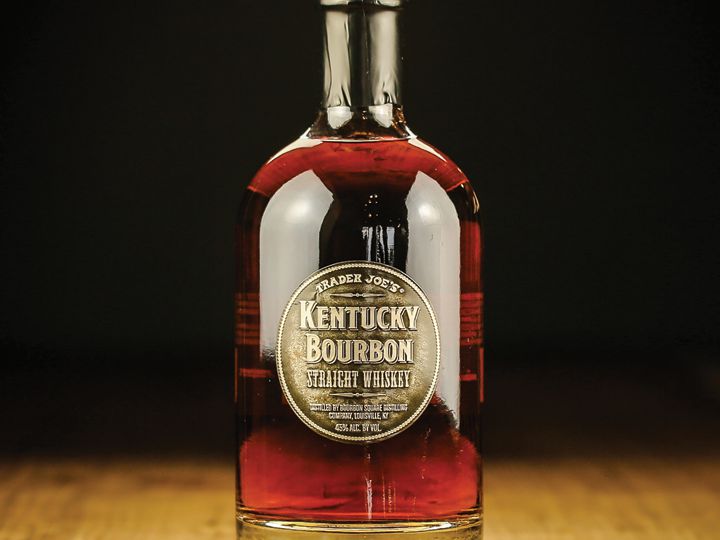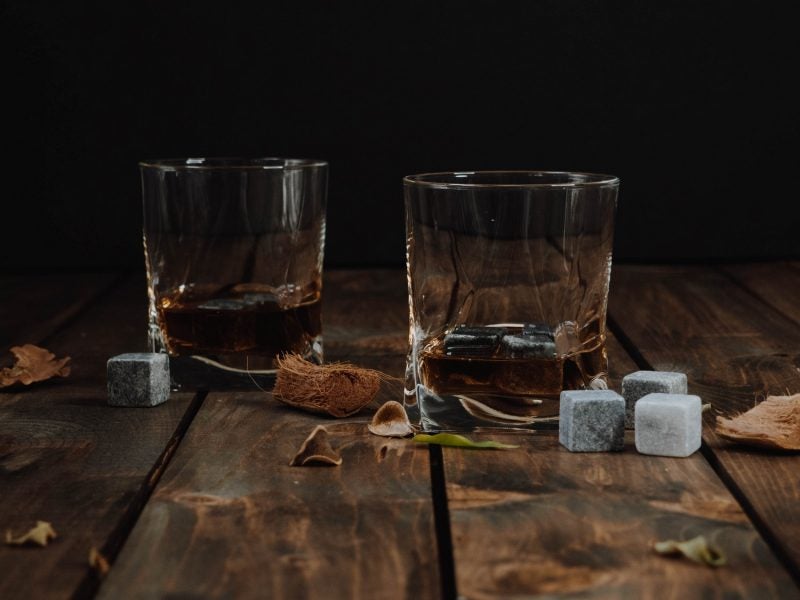America’s own whiskey, bourbon, is quickly becoming the alcoholic beverage de jour across North America and Europe, surpassing sales of every other category of spirit.
With inventory exceeding five million barrels this year, bourbon production hasn’t seen such a peak since the 1970s, according to the Kentucky Distillers’ Association. The Distilled Spirits Council notes that sales increased more than ten percent, reaching $2.4 billion last year.
Pop culture has followed the zeitgeist. Even the sexiest woman superhero, Jessica Jones, is a huge devotee of bourbon, as evidenced by how many bottles the brassy Netflix gumshoe knocks back regularly.
Kentucky’s native drink claims more than a third of the whiskey share in the US, more than any Scotch, Irish whiskeys, or Canadian blend.
Stuart Brown, of the The Scotch Experience Inc, explains that bourbon is a “unique experience”.
Its growth in popularity, he contends, is because “Scotches might be pricing themselves out. Bourbon’s hanging in with competitive cost, which makes it easier for people try a lot of variety out.”
For the uninitiated, bourbon legally must be produced within certain conditions, per the regulations of the Bottle in Bond Act of 1897, enacted in response to distillers adulterating, diluting and flavouring their beverages.
To call a beverage bourbon, it must be:
- At least 51 percent corn content
- Distilled in a fresh cask
- Made in Kentucky
- Free of any flavorings, additives or colorings
Each of these requirements has a profound effect on the drink.
The high use of corn makes the drink softer and sweeter, than most harsh, abrasive and smoky Scotches.
The one-use barrel ensures that there is zero chance of any other prior flavour, other than pure oak, rubbing into the drink. In fact, bourbon barrels, once used, are often sold to soy sauce and Tabasco makers – and given as leftovers to Scotland’s whiskey distilleries.
And that it’s made in Kentucky, by corollary, means the waters contain limestone (calcium carbonate), which runs through the state’s water table. Limestone filters out the bad-tasting iron, and, the calcium and magnesium bond with the alcohol’s carbohydrates, said to make for a smoother taste.
Suffice it to say, eschewing flavorings, additives or colorings means you’re drinking pure American whiskey.
Many might not know that during the Prohibition-era, bourbon was believed to possess medicinal qualities. Thus, despite the all-out ban on alcohol, it was permitted to purchase, provided one had a doctor’s prescription for it.
Today, studies have revealed that whiskey – in moderation – does have health benefits (though research has not yet been done on bourbon specifically.)
It has been shown to reduce the chances of getting diabetes up to 40 percent, by improving the body’s ability to regulate insulin and glucose levels, says a 2010 study published in Nutrition, Metabolism and Cardiovascular Disease.
Various studies from European Journal of Clinical Nutrition, Harvard University, and the European Heart Journal found whiskey’s anti-oxidants decreased the risk of coronary heart disease and strokes. And a study from 2003 by the National Institute of Health, as well as a 2011 German study, says moderate whiskey drinking lowers one’s chances of dementia onset.
So, whether it’s a $200 Pappy Van Winkle, or a $20 Jim Beam, have a shot for health, or to simply to be a part of the trend sweeping across bars around the world.

